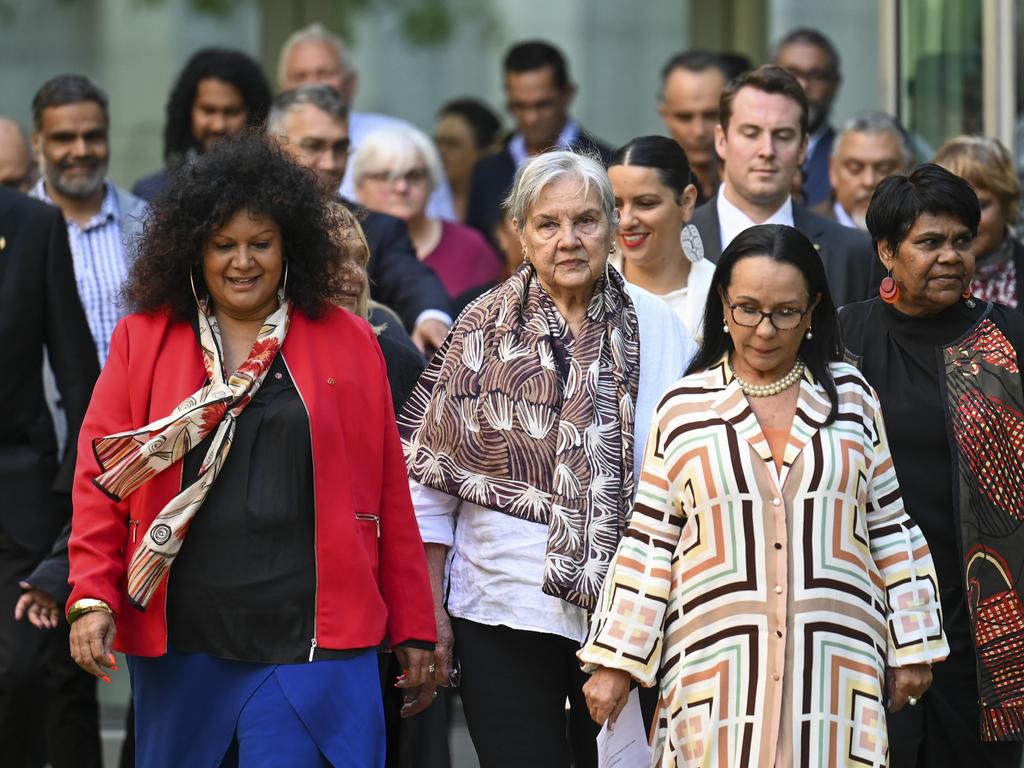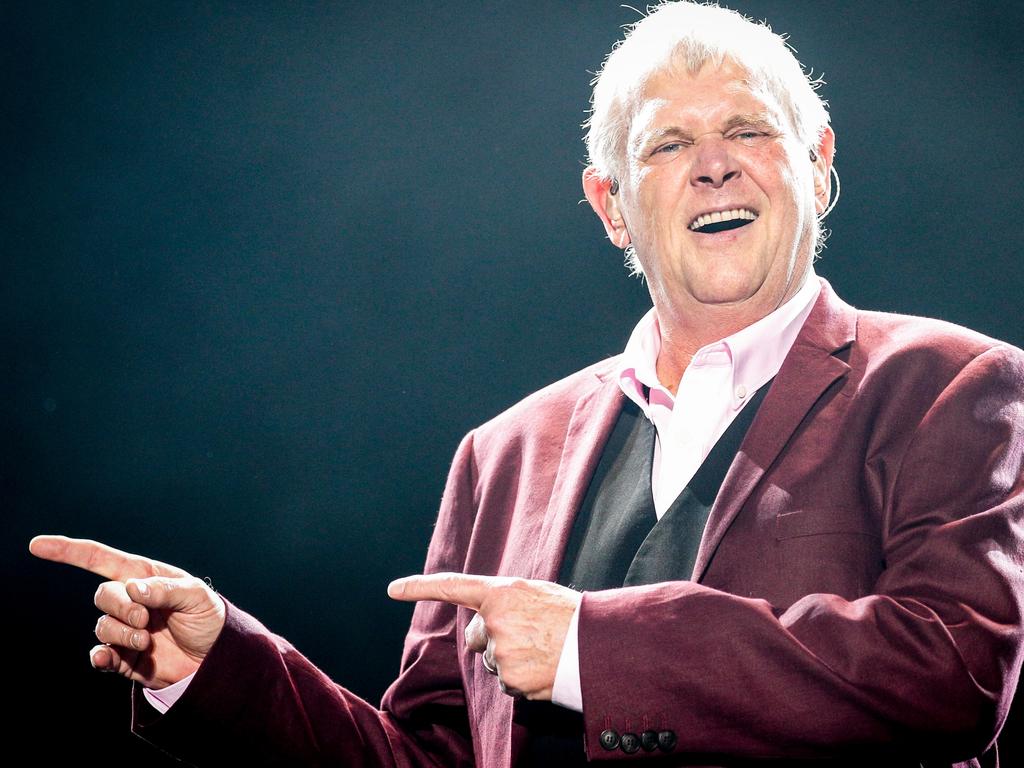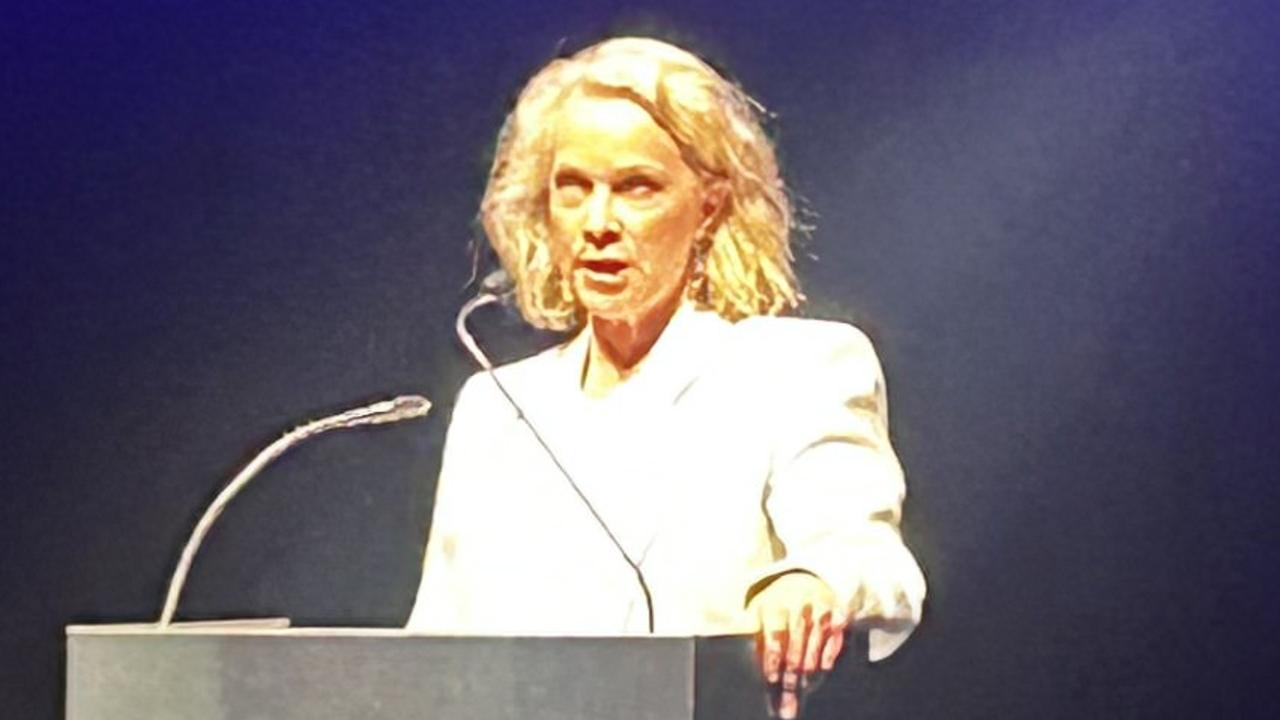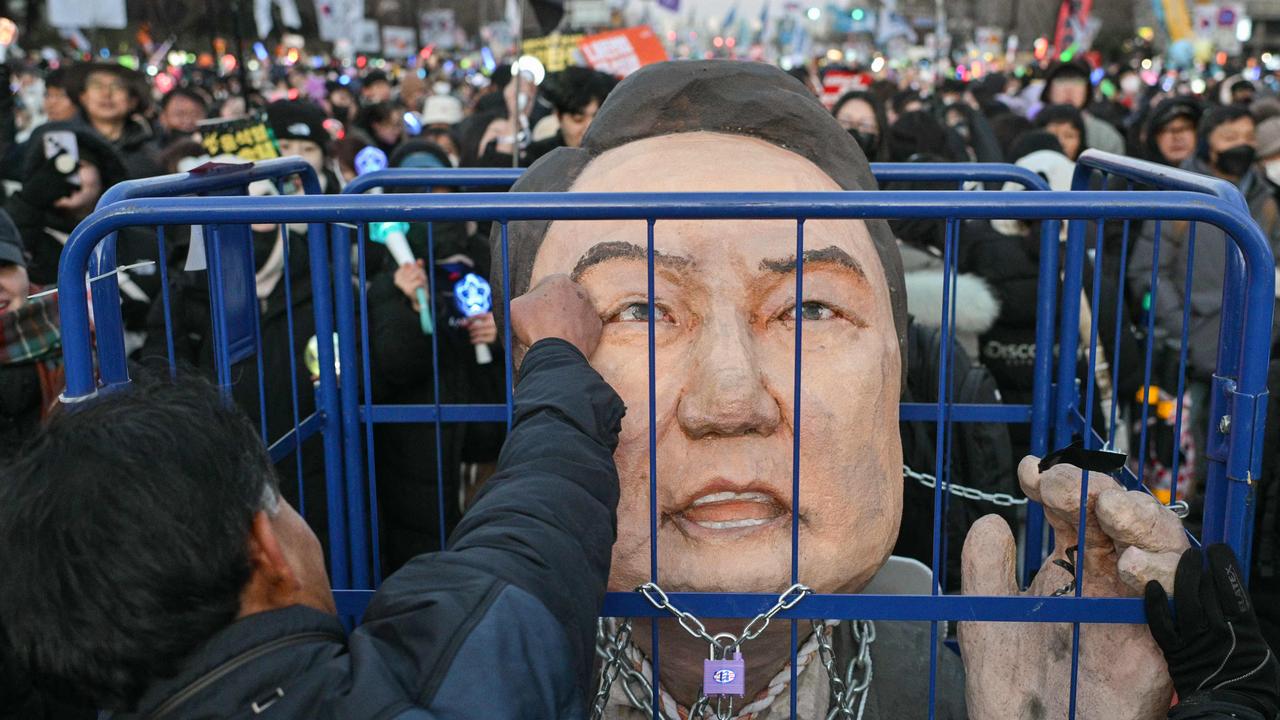Indigenous voice to parliament locks up future generations in legal straitjacket
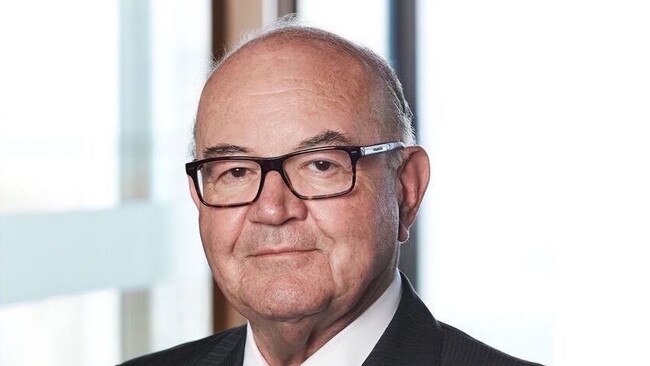
The voice referendum is a constitutional solution searching for a constitutional problem. The referendum is legally unnecessary.
The charade begins with the Yes case’s legal brigade misrepresenting the effect of the 1967 referendum to promote a false premise for constitutional change in 2023.
Contrary to the myths frequently promoted (including by the Indigenous Australians Minister), the 1967 referendum did not give Aboriginal Australians the right to vote, make them citizens or require them to be counted in the census. These achievements came years before the 1967 referendum.
Instead, the 1967 referendum perfected the commonwealth’s power to legislate in relation to Aboriginal affairs. Before 1967, the states had such power, with the commonwealth’s direct power limited to the territories. After 1967 it became Australia-wide. Every federal government since 1967 has used that federal power over Aboriginal affairs to provide for a series of voice-like consultative bodies.
From this history, it is obvious to lawyer and non-lawyer alike that there is no constitutional impediment to the commonwealth legislating another voice-like body. It has been done many times before. It can be done again because the 1967 referendum enabled the commonwealth to effectively do whatever it likes in relation to Aboriginal affairs.
David Jackson KC, Australia’s finest constitutional silk, repeatedly expressed this obvious but crucial point before his untimely death in May. In a submission to the joint select committee on the voice, Jackson observed how the commonwealth’s legislative power was “widely enough expressed to empower the making of laws creating and regulating a body of the nature contemplated by the proposed referendum … The short fact is that there is no reason at all the parliament cannot now legislate to establish a body which has features similar to those proposed for the voice in proposed s 129.”
This basic constitutional teaching is ignored in the federal government’s “neutral civics education and awareness activities”. Most disappointingly, there has not been any convincing response from the coterie of Yes case lawyers to Jackson’s ultimate point: the voice referendum is legally unnecessary.
Some members of the legal clans of Naarm and Gadigal country – who think of themselves as the traditional owners of all legal authority in Australia – have decried legal arguments made by lawyers supporting the No case as “being racist”. They have said “the emphasis on questions of law and constitutional interpretation have already been excessive” and suggested practitioners should not speak as lawyers but as “citizens”.
In the rare instance of Jackson’s point being met, University of NSW law professor Megan Davis, in her Quarterly Essay, gave two answers. One is permanence.
Davis says “since the 1967 referendum … the chopping and changing of (previous voice-like advocacy) mechanisms has (had) a destructive impact upon communities”. However, the “chopping and changing” criticised by Davis is an ordinary incident of Australia’s democratic system. Placing future generations in a legal straitjacket is a fundamental realignment of the values underpinning our system of government. The principle appears to be: “If you change the government, you change the country – but never the voice.”
Future parliaments should be able to abolish or amend special interest bodies as a matter of intergenerational equity and fairness. Successive generations ought to be able, through parliament, to implement the societal architecture appropriate to that generation.
Davis’s second answer is recognition. But there are solid empiric reasons for concern with the model of recognition now proposed.
At last month’s Samuel Griffith Society conference, constitutional scholar Nicholas Aroney warned what might follow from elevating the First Peoples to the same level as other constitutionally entrenched concepts: the Australian people, the Crown, the parliament and the executive. Out of all the legal pundits, ex-judges and solicitors-general to opine in the past months, Aroney provides the deepest legal analysis.
He notes how the voice referendum fails to provide the legal protections offered in the 1999 referendum. In 1999, the proposed preamble was specified to have “no legal force and shall not be considered in interpreting this Constitution or the law in force in the Commonwealth or any part of the Commonwealth”. In the absence of the same protections in the voice proposal, the answers to the questions raised by Aroney, drawing on recent international developments in constitutional Indigenous recognition, are dispiriting.
If the voice referendum is successful, will “the people” of Australia continue to be sovereign? Or will the High Court declare the First Peoples are sovereign? How far will this sovereignty extend? Will the sovereignty vested in the First Peoples extend to the power to prescribe and enforce criminal law against their own tribal members, as American courts have found? What obligations will the High Court find the Crown owes to the First Peoples? Will it be a form of fiduciary duty, as Canadian and New Zealand courts have found? Most fundamentally, how will the High Court define the First Peoples? Will it return to a pre-1967 preponderance of blood test? Or will it convert the test into one of subjective self-identification and communal acceptance?
No one knows the answers to these questions. But without protection against judicial adventurism, they would be resolved by the seven members of the High Court from time to time. Do we really wish to permit a majority of four unelected judges to determine these questions rather than the millions of Australian people acting through their elected representatives? What if these future judges are the same lawyers who today prefer virtue signalling over cold-eyed and hard-headed legal analysis?
In truth, permanence and recognition (without the protection of a “no legal force” clause) are the strongest arguments not for but against the voice.
Entrenching into the Australian Constitution a special interest body and a First Peoples (whose scope and rights depends on the rulings of the High Court) deprives future generations of the freedom to easily frame the country’s governance as they see fit. This proposal for constitutional change is not only legally unnecessary but also intergenerationally inequitable and unjust.
Stuart Wood is a Melbourne-based King’s Counsel.


